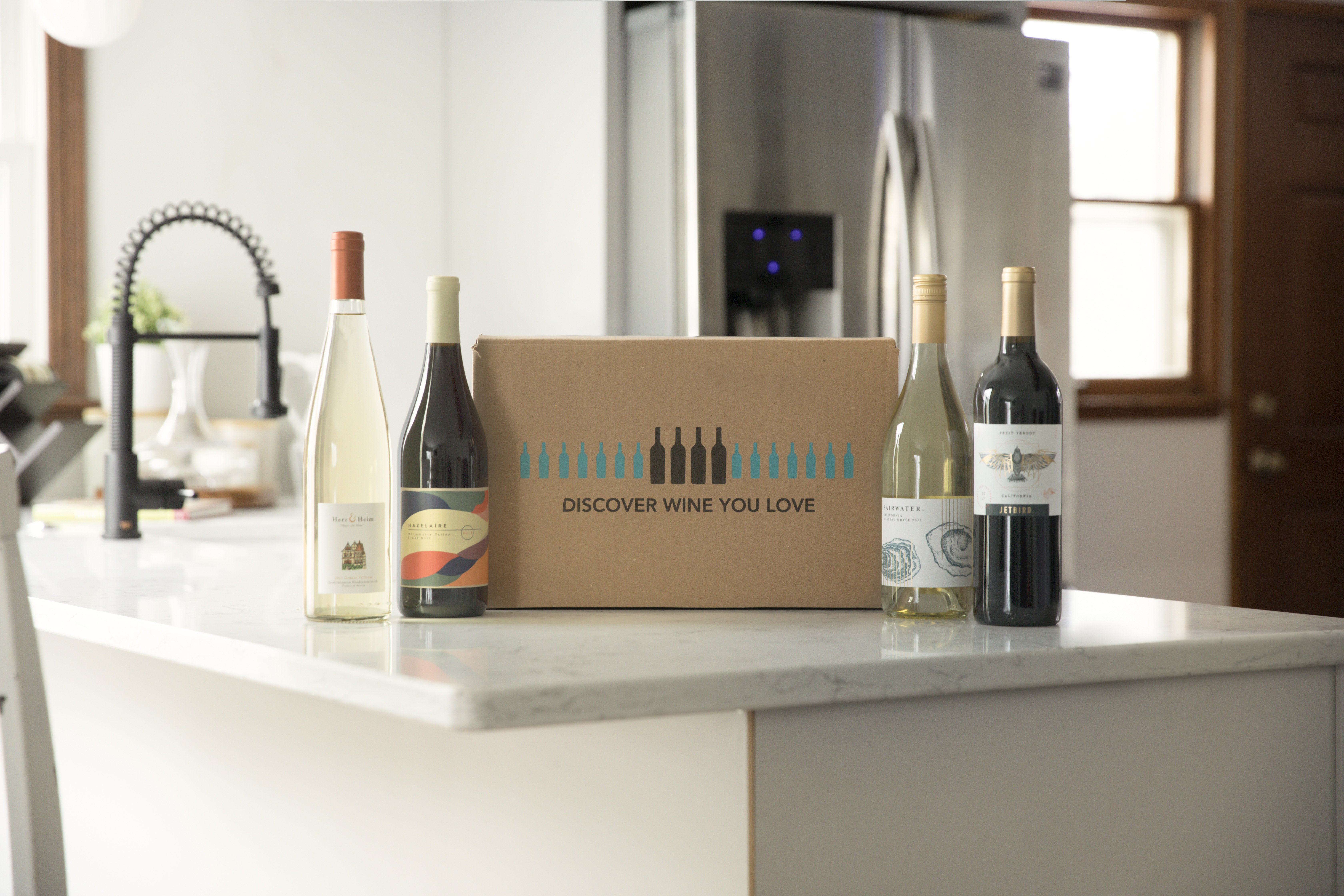
Personalized wine? This Milwaukee company just raised $8.5 million to prove it’s the future
Wine buying is daunting for most people, whether it’s online or off a menu or in an aisle fitted with so many brands that it’s hard not to buy the same concoctions time after time, really to remain sane.
Therein lies the chances of Bright Cellars, a practically four-year-old, 40 -person Milwaukee, Wisconsin-based startup that sells wine-coloreds immediately to purchasers on a subscription basis. Other monthly wine-colored associations have been at things longer, sends to award-winning wine-coloreds, or hand-selected wine-coloreds, or small-batch wine-coloreds paired with aircraft meats and artisanal cheeses. But Bright Cellars is trying to educate representatives about what wine-colored they are likely like so can figure out these decisions for themselves.
More interesting, to us: Bright Cellars is also softly constructing a portfolio of its own wines based on member feedback, even while Bright Cellars doesn’t use its own label. In short, it’s going the road of wine monstrous like Gallo and Constellation and creating a number of different brands with the help of different suppliers.( Gallo, for example, owns Alamos and Barefoot Cellars, among roughly two dozen other brands. Constellation owns Cooper& Thief and Clos du Bois, amongst other .)
Taking a step back, the company starts to appear more ambitious than might seem based on its website, which immediately invites consumers to take a quiz aimed at providing distinguishing their special smack profile. Review questions like: Do you like milk chocolate or nighttime or are you Reese’s type of person? Do you like you like your tea with lemonade and sparkler, or hot served with a lemon slice?
Despite the fanciful approaching, Bright Cellars founders Richard Yau and Joe Laurendi insist the data they’re accumulating is useful, and not just potentially for winemakers.( Yau says Bright Cellars doesn’t sell its findings, but hints the company deemed to be offering its aggregated penetrations at a later date .) It’s helping them figure out how savors are changing, and, ostensibly, putting them in a better position to cater to those changes than firms that are prescribing to their clients, instead of listening to them.
It’s a good enough story that Revolution Ventures time preceded an $8.5 million Series A round for the company. Bright Cellars’s seed investor, the Milwaukee-based venture house, CSA Marriage, which has a range of consumer-facing fellowships in its portfolio, too joined the round.
It too facilitates that the company is based in the Midwest, where Revolution is predominantly focused on facilitating startups compete with their East and Western coast peers. Yau, a native of San Francisco, says he never expected to live in Milwaukee, but after Bright Cellars was admitted in its earliest days to a neighbourhood, three-month accelerator program called gener8tor, he and Laurendi decided to stay put.
” I really like it, I really like the peoples of the territories ,” says Yau.” It’s definitely a smaller managerial society, but the founders here are very passionate and very supportive and in a greater ecosystem, we might not be connected to all the articles now that make it piece .”
That Yau and Laurendi were roommates at MIT is a nice twist, too. Though most MIT grads might be expected to work on AI-driven firms in cybersecurity, mental health, urbanization, or improving ed-tech, Yau isn’t shy about the facts of the case that both he and Laurendi were aways more very interested in starting individual consumers fellowship. Certainly, though they once worked on a parking app at local schools hackathon, it was during a two-semester-long track in wine studies at neighboring Boston University to satisfy Yau’s burgeoning those who are interested in wine-coloured that Bright Cellars was born. Says Yau,” We only realized that not a lot of beings have time to make two semesters to learn enough about wine to feel like they understand it. We wanted to find an easier and most accessible route for parties to get comfortable” with what they’re ordering.
Certainly, the market they’re looking to disrupt is a sizable one. According to data compiled by ShipCompliant/ Sovos, which picks data for the wine-coloured parish each year, shoppers devoted roughly$ 3 billion on wine-colored delivered to their doorsteps last year. Meanwhile, direct-to-consumer wine-coloured shipments rushed 9 percentage between 2017 and 2018 to 6. 3 million examples.
The outfit says that one minor challenge to that increment are new, urban tasting rooms. It says a bigger change to which the industry is still adjusting is the growing number of those consumers who ask a more personalized experience.
Right now, it seems unlikely that the broader manufacture has actual personalized wine-colored in head. If Bright Cellars takes off, that are able to change.
Read more: feedproxy.google.com

